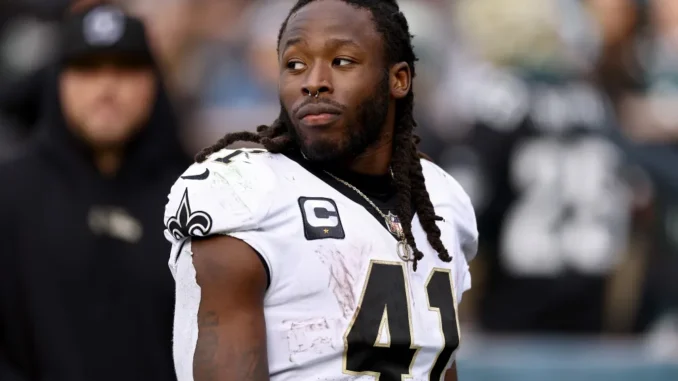
The Texas Longhorns recently made a notable move within the realm of college football, opting to exchange Jaydon Blue for a running back from the New Orleans Saints. This transaction signals a strategic shift for the Longhorns, aiming to bolster their roster and potentially enhance their offensive capabilities.
In this trade, Jaydon Blue, a player whose role and impact within the team might have been perceived as limited or uncertain, has been swapped for a running back currently playing for the New Orleans Saints. This decision suggests that the Longhorns are prioritizing the acquisition of talent that could offer immediate benefits to their team dynamics and performance.
By acquiring a running back from the New Orleans Saints, the Longhorns are seeking to address any deficiencies or gaps in their running game. Running backs are pivotal figures in football offenses, responsible for carrying the ball and gaining yardage on the ground. An effective running back possesses a blend of speed, agility, and strength, attributes that can significantly influence the outcome of a game.
Furthermore, this trade underscores the Longhorns’ commitment to maintaining competitiveness within college football. In an environment where teams are constantly evolving and seeking avenues for improvement, making bold moves like this trade is vital for staying ahead of the competition. By bringing in a running back from the NFL, the Longhorns are signaling their determination to compete at the highest levels of collegiate football.
Moreover, this trade highlights the intricacies of player transactions in the world of sports. Negotiations for trades involve various considerations, including player contracts, team needs, and future prospects. The Longhorns’ decision to trade for a running back underscores their belief in the player’s potential to make a significant impact on their team’s performance.
It is essential to recognize that trades in college football, while less frequent than in professional leagues, can still have profound implications for teams and players alike. Beyond the immediate impact on the roster, such moves can influence team dynamics, coaching strategies, and even recruiting efforts.
In summary, the Texas Longhorns’ decision to trade for a running back from the New Orleans Saints represents a calculated effort to strengthen their roster and improve their competitiveness within college football. This trade underscores the importance of strategic decision-making in sports and highlights the potential for player transactions to shape the landscape of the game.
Leave a Reply